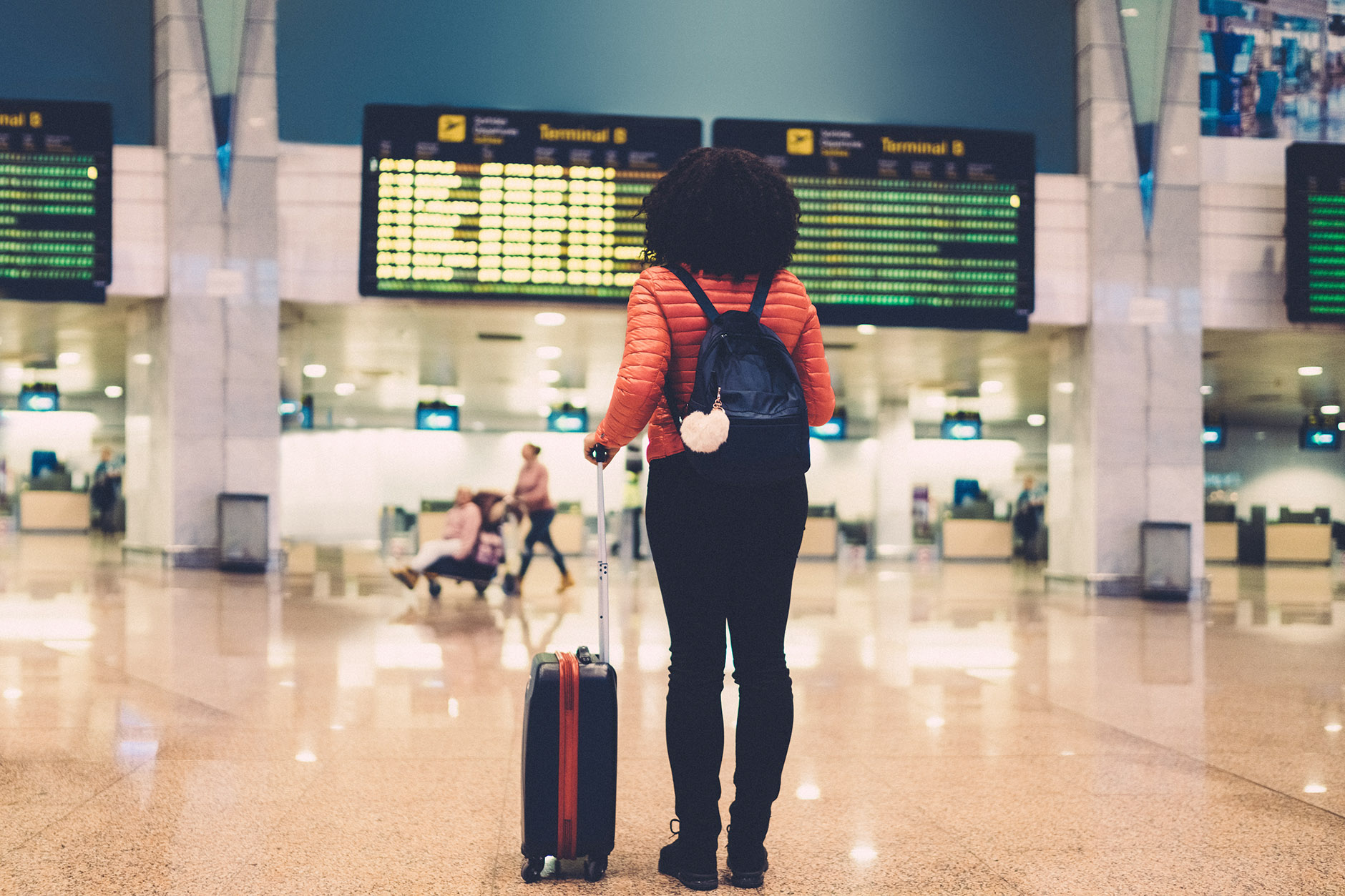Young people are more likely to prioritize spending on travel than older generations, now and then, to the detriment of their savings bills. But seeing the world doesn’t have to be pricey. Here are four smooth methods to store money even as journeying, which you won’t be privy to.
1. Call the resort to ask for a better charge
You won’t get the first-rate deal if you use an online travel enterprise like Expedia or Orbitz to ebook a motel. As they are known, these OTAs rate commissions on room bookings and some hotels add additional costs while your ebook through an OTA to recoup part of the commission value. Calling the resort itself and asking if they can beat the price — and hold all the proceeds — could save you a few bucks, in particular, because lodges aren’t usually offering the OTAs their first-class offers. One extra gain of calling a hotel immediately: It’s easier to cancel a reservation or exchange if something comes up without dealing with a third birthday celebration. OTAs are handy for seeking tools. You can use them to evaluate save; however, then the motel directly to make your reservation.
2. Use credit score cards when you journey abroad
While visiting overseas, the satisfactory alternative for buying matters is to apply for a credit card with no foreign transaction charges. But even if your card has a rate, it can be a higher deal than converting foreign money at a kiosk, according to a recent examination from WalletHub. In truth, using a credit score or debit card is probably less expensive than changing at maximum banks and credit score unions.
WalletHub located that a card and not using an overseas transaction charge saves vacationers 9.31% compared to Travelex, a famous foreign exchange carrier, and 7.14% compared to the average bank or credit score union. “Why waste time replacing physical currency, no longer to say risk sporting it around, while a credit score card will take care of everything mechanically and come up with the nice exchange fees,” writes WalletHub. “Plus, plastic offers a $zero legal responsibility guarantee for unauthorized transactions need your card to be misplaced or stolen.”

If you’re paying with a card abroad and a merchant asks if you need to bear in local forex or U.S. Dollars, usually choose the local foreign money. “The fee at which they’re converting the currency is constantly worse than the price your bank will come up with,” writes Matt Kepnes, a journey blogger. “Pick the local foreign money and let your credit score card employer make the conversion. Of course, you’ll get a higher price.”
3. Take benefit of your travel credit card’s coverage
Travel credit scorecards are extraordinary for racking rewards and miles and accessing perks like journey lounges. But they can also bail you out of a difficult state of affairs. If you’ve used a journey card like the Chase Sapphire Reserve or United Explorer to ebook your flights, inns, etc., then you may use the card’s journey cancellation, put off, or bag loss insurance if something is going wrong.
Perks range using a card; however, if your bag is misplaced someplace along your trip, your credit card company can also reimburse you for select replacement items, like new garments or toiletries, as much as a positive sum of money every day. That said, study your card’s coverage carefully—some cover notably much less than others. For example, a few playing cards cover up to $1,500 in nonrefundable costs from a ride, while others, like the Chase Sapphire Reserve, cover as much as $10,000, in step with CreditCards.Com.
4. Ask for cash in case you’re bumped from a flight
Airlines robotically overbook flights and then ask volunteers to take a later flight. There’s generally a voucher up for grabs, which can be engaging for financially-aware tourists who are not in a hurry to get to their vacation spot. But in case you don’t volunteer and get involuntarily bumped from the flight, you can ask for cash rather than an airline voucher beneath federal law. The advantages are twofold: for one, you can use coins for something, and two, money doesn’t expire simultaneously as coupons do, in some cases.
The amount of repayment you’re entitled to rely upon at the duration of the delay and the ticket price, and if you were involuntarily bumped or not; however, the most reimbursement is $1,350 for a home flight how a lot of cash you’ll receive will rely upon the airline. United, as an example, has passengers bid on the quantity they may be willing to take for being bumped from the flight. And if the airline is requesting volunteers and you decide to raise your hand, soliciting cash might be a powerful way to haggle for a bigger voucher. So airlines could offer a good deal as an alternative to handing out a coupon rather than reducing a take a look.


















